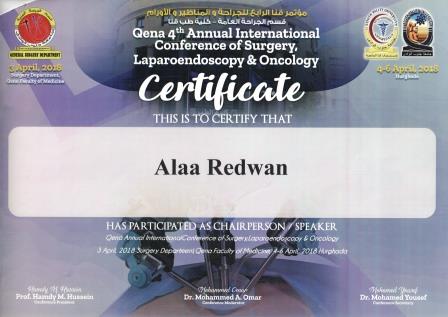Abstract
Background: Hepatocellular carcinoma (HCC) is a dismal tumor with a high incidence, prevalence and poor prognosis and survival. Management of HCC necessitates multidisciplinary clinics due to the wide heterogeneity in its presentation, different therapeutic options, and variable biologic behavior especially with background of chronic liver disease.
Materials and Methods: This study is performed in a specialized clinic for HPB in Assuit university Hospital, Assuit University, and Sohag University hospital, Sohag University, Egypt. We studied different types of patient and tumor characteristics with evaluation of the surgical management applied to them. Further analysis was performed using univariate and multivariate statistics.
Results: During the period January 2000 till January 2015, 220 patients with HCC presented to our clinic. They were predominantly males and the mean age was 56.5±7.7years. All cases developed HCC on top of cirrhosis that was mainly due to HCV (71%). Most of our patients were Child-Pugh A (50%) or B (36.9%) and commonly presented with small single lesions. Trans arterial chemoembolization was the most common line of treatment used (32.4%), followed by local ablation therapy (27%). A major section of cases was palliatively treated due to delayed discovery and advanced stage of disease (63%), in the other hand, surgical resection was the gold standard in operable cases (25%). Non-anatomic open resection was the commonest procedure used in 58%, however other techniques were used as anatomic resection (27%), and laparoscopic non anatomic resection (15%), unfortunately, transplantation program does not started yet to be added in treatment. The overall survival was 80% at 6 months, 55% at 1 year and 20% at 2 years. Serum bilirubin, site of the tumor and type of treatment were the significant independent prognostic factors for survival.
Conclusions: early discovery by surveillance protocols is very essential for better outcome of such cases, early interference weather by surgery or local ablation is a good substitute in absence of transplantation programs. Our main prognostic variables are the bilirubin level, portal hypertention, the bilobar hepatic affection and the application of specific treatment (either curative or palliative). Multidisciplinary clinics enhance better HCC management.


